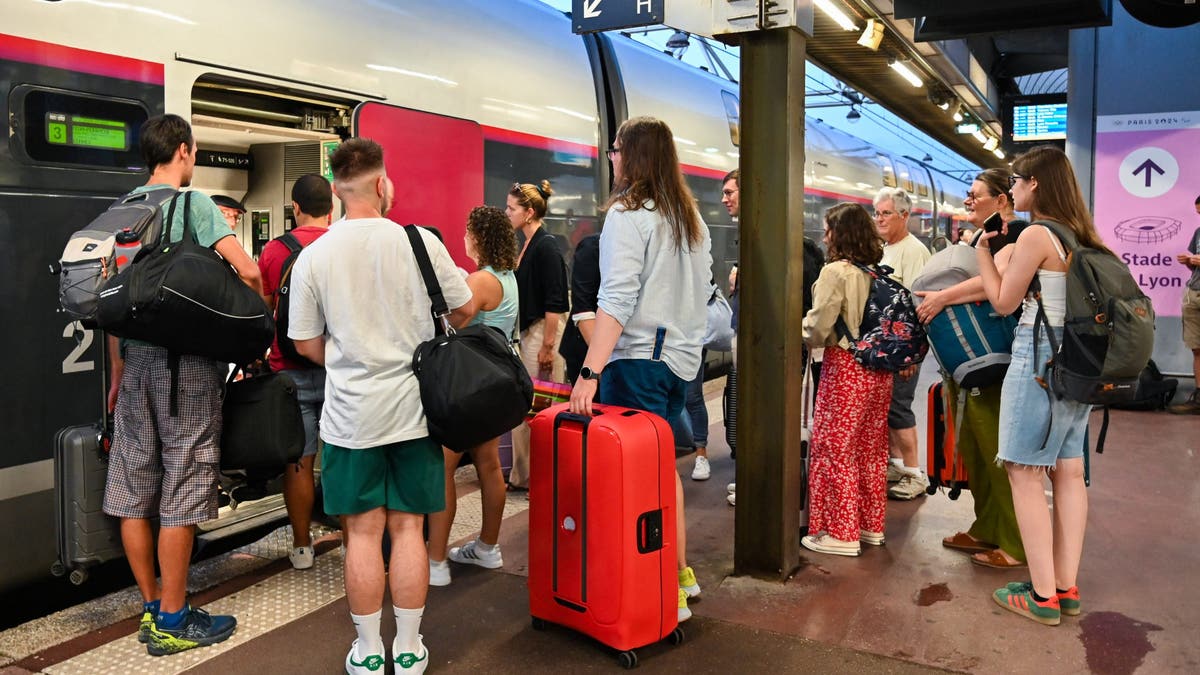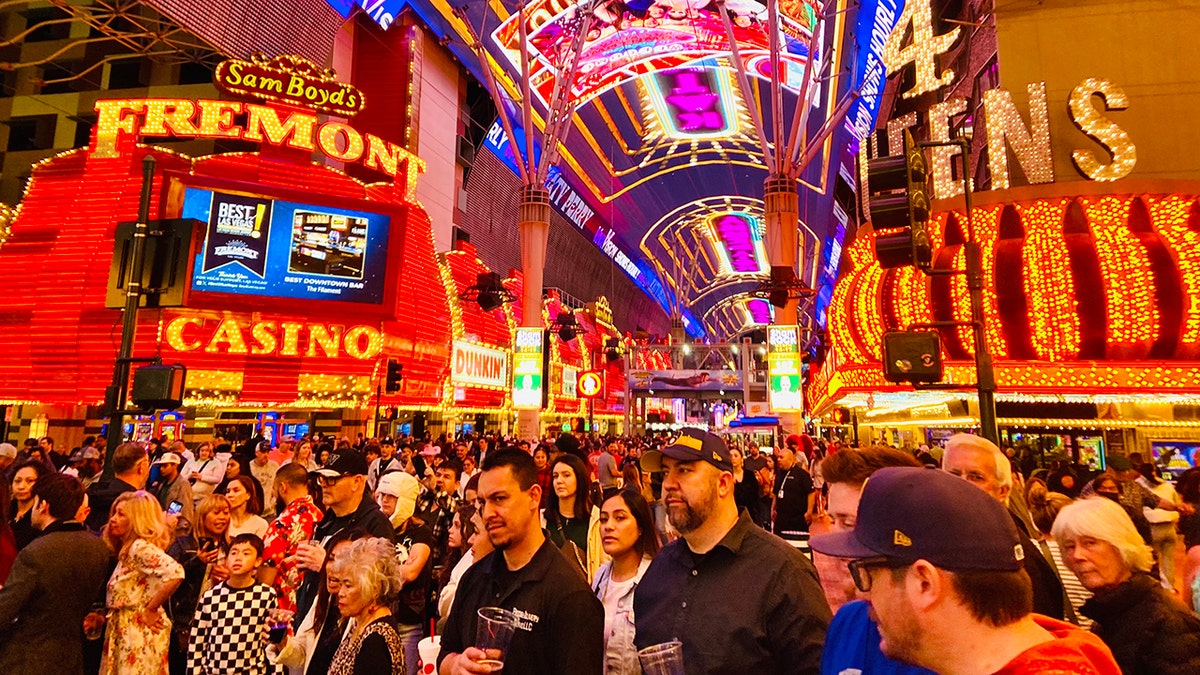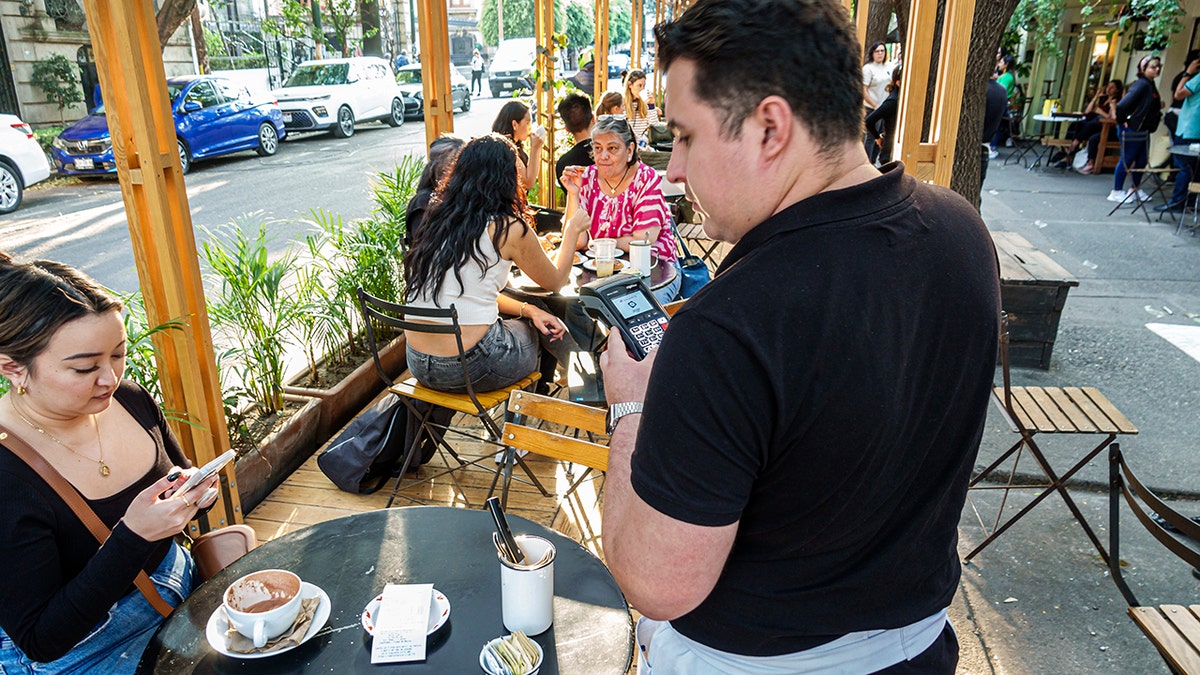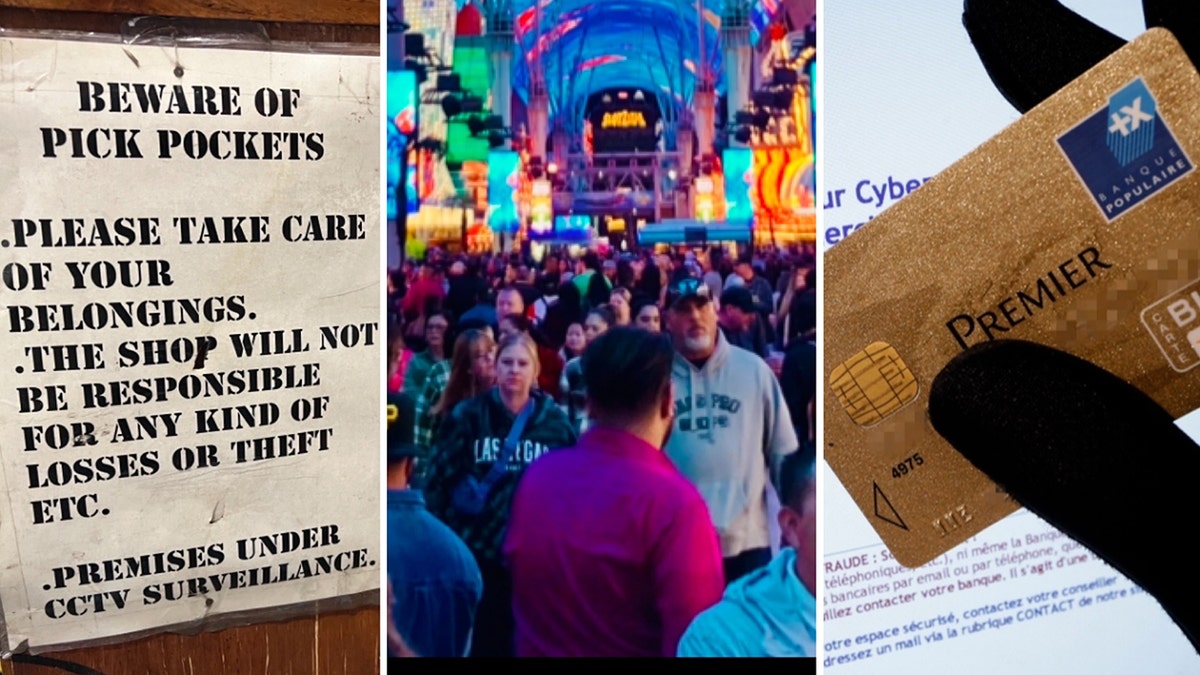Travel could be one of life’s great, enriching joys – often preceded by eager anticipation and met with euphoric excitement once a person plants his or her feet in a new land.
Dizzying excitement, however, could be an opportunity for scammers to make a score.
“Don’t mix FOMO (fear of missing out) with any financial decisions,” she said.
Nofziger is one of the nation’s leading fraud experts. She spoke before the U.S. Senate last week in Washington, D.C., about the fraud crisis plaguing America.
It’s reported that crowds, frequent purchases, language barriers and heavy reliance on websites and apps help make travelers especially vulnerable to hustlers.
“The Federal Trade Commission (FTC) received more than 55,000 reports of fraud linked to travel, vacations and time-share plans in 2023,” the AARP, headquartered in Washington, D.C., reported in May.
“Thirty percent of Americans have been scammed or know someone who’s fallen victim while booking or taking trips, and 34% lost $1,000 or more,” according to a 2023 survey by online protection company McAfee.
Here are five signs that scammers could be trying to steal the excitement from your dream trip — and what to do about it.
1. Can You Trust That Friendly Smile?
Travel scams often begin with a simple, friendly interaction. Travelers may feel drawn to a local’s cheerful greeting, perhaps at a bustling market in Marrakesh or in a quaint café overlooking the Seine.

However, experts like Rick Steves caution against letting one’s guard down too easily. Scammers can pose as helpful locals offering unsolicited assistance. Such encounters may lead to distraction tactics, allowing them to pick your pocket or create a diversion.
“Watch out for chance encounters on the street.”
Travelers should listen to that inner voice that questions the motives behind friendly faces. There’s wisdom in keeping one’s instincts sharp.
2. The Irresistible Offer
Deals that “sound too good to be true” are a hallmark of travel scams. A luxurious accommodation in Barcelona for a fraction of the usual price may seem impossible to pass up.

However, Nofziger warns that these enticing offers are bait for unsuspecting tourists. Scammers know that families eagerly seeking memorable vacations may jump at any low price.
Expectations of dream vacations should not cloud one’s judgment. Deals that seem spectacular often hide sinister motives.
3. Currency Confusion
Understanding the value of money in foreign lands can become a puzzle, leading travelers to questionable exchanges. Imagine ordering a coffee in Istanbul that costs 100 lira — a steal compared to $3 in the U.S.
Yet, in Greece, that same instinct might lead to a costly error. Twenty euros may feel similarly cheap, but it converts to approximately $17.

Awareness is essential when dealing with currency. Scammers are often lurking near busy taxi stands or crowded tourist attractions, ready to exploit any confusion.
4. Credit Card Caution
Credit card transactions should be breezy and straightforward, but this isn’t universally the case. Many European retailers have utilized tap-and-go technology well before Americans caught on.

Whenever a credit card swipe becomes troublesome—requiring multiple attempts or involving unnecessary inquiries—the red flags should fly. Observant travelers should ensure their credit card is processed in front of them. The risk increases when their attention is diverted.
Keeping cash on hand for smaller purchases frequently serves as a safer alternative, steering clear of potential scams.
5. The Hard Sell
If someone’s too eager to sell, that’s often a warning sign. Whether it’s for artisanal trinkets in a small shop or thrill-seeking excursions in Bali, excessive sales pressure might indicate a scam.

The sentiment that “anywhere there’s a dollar, there’s a criminal” rings true. Scammers often target naive tourists, leveraging the allure of something unique or exotic to gain their trust.
Nofziger advocates for practicing refusal scripts—learning to confidently say “no” empowers travelers against scams. When in Rome, or anywhere for that matter, saying “no” can be a powerful tool.
The excitement of travel can sometimes overtake reason. What appears as chance encounters or incredible offers may serve darker purposes. A little skepticism paired with informed awareness is crucial.

The digital realm is equally treacherous. Bogus travel deals infiltrate inboxes, messages, and social media, masquerading as legitimate offers that could lead unsuspecting travelers into traps.
Remember, whenever an offer feels too perfect, question its legitimacy.
